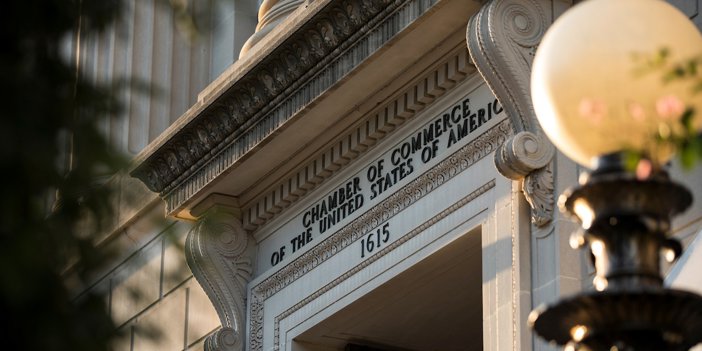
Chamber Considers Lawsuit Over Trump Tariffs
The United States Chamber of Commerce (USCC) is reportedly considering filing a lawsuit against President Donald Trump’s administration to prevent a new wave of tariffs from taking effect this Wednesday. The potential legal action, disclosed by two individuals familiar with the matter, comes amid rising concern from the chamber’s largest corporate members about the impact these tariffs could have on their operations.
According to reports, the proposed lawsuit would challenge the legality of the administration’s decision to enact tariffs under emergency powers and at a rapid pace. Critics argue that the use of such authority bypasses traditional checks and balances, raising questions about the constitutionality of the move.
The Chamber of Commerce, which represents a broad range of U.S. industries, has long advocated for free trade and minimal trade barriers. Its opposition signals growing unrest within the American business community as new trade duties disrupt global markets and increase costs for import-dependent industries.
In recent days, Trump’s tariff announcement has triggered sharp declines across international markets. Stock indices, commodity prices including oil and precious metals, have experienced notable volatility. Despite these fluctuations, President Trump has dismissed the turmoil as temporary and necessary to rebalance international trade practices.
Meanwhile, the White House has made clear that the president would veto any legislation passed by the Senate aiming to restrict his authority to impose tariffs. This stance further intensifies the standoff between the executive branch, Congress, and business leaders who are increasingly vocal about the need for oversight.
Should the USCC proceed with legal action, it would represent a significant escalation in the domestic challenge to the administration’s trade policy. The case could also set a precedent for how far a U.S. president can go in using emergency powers to reshape trade relations without congressional input.






